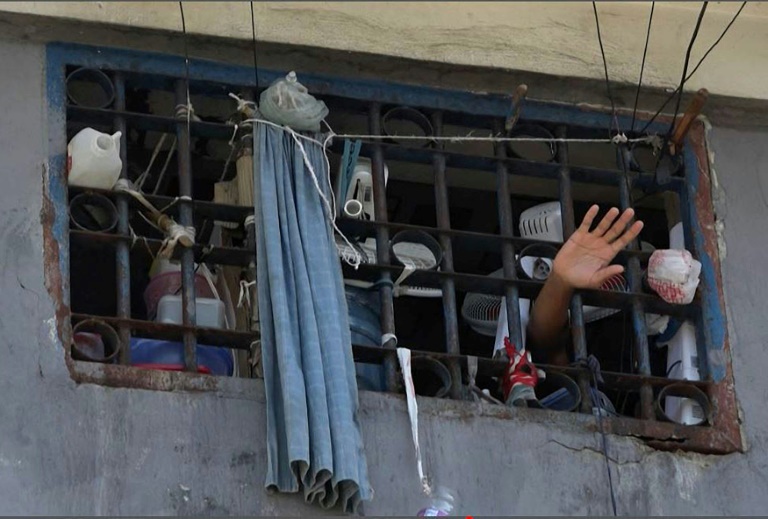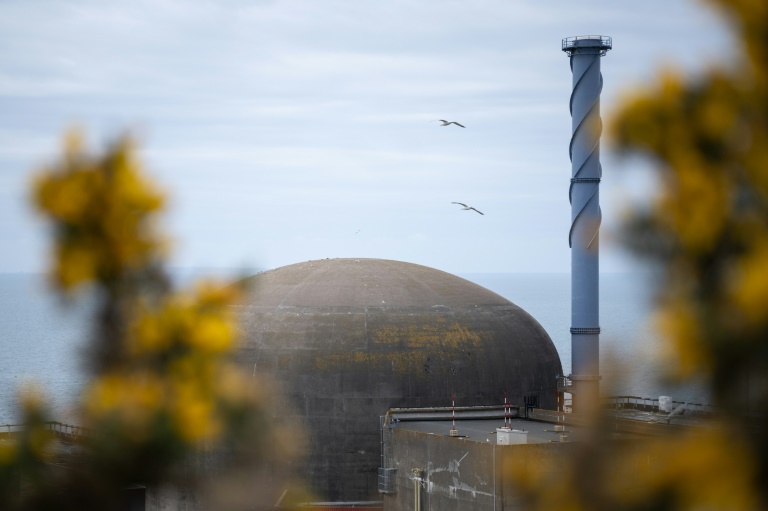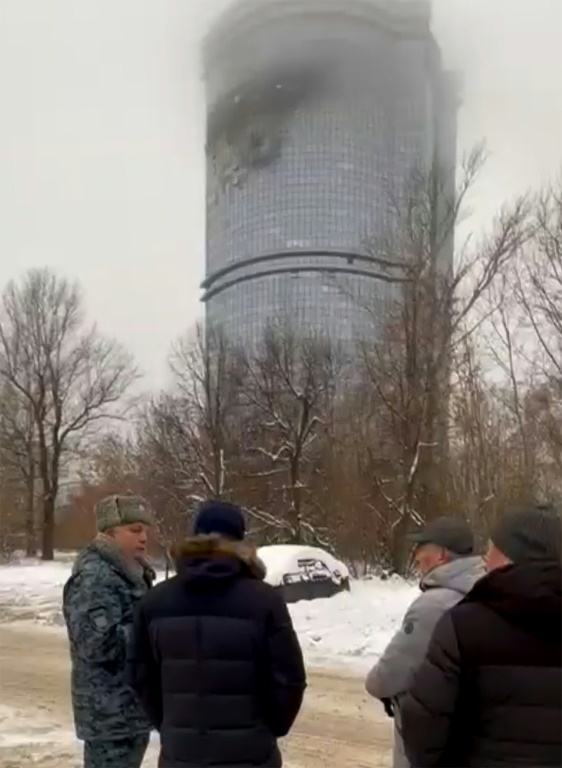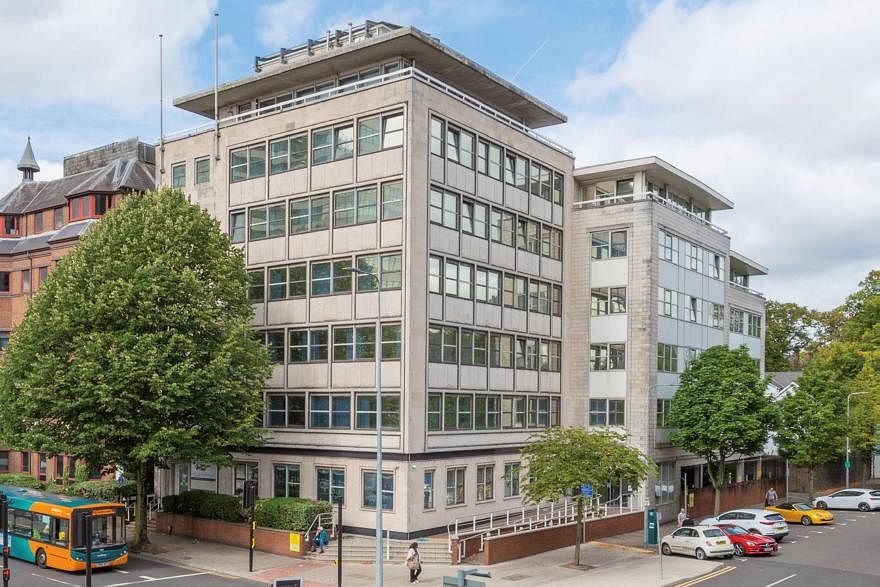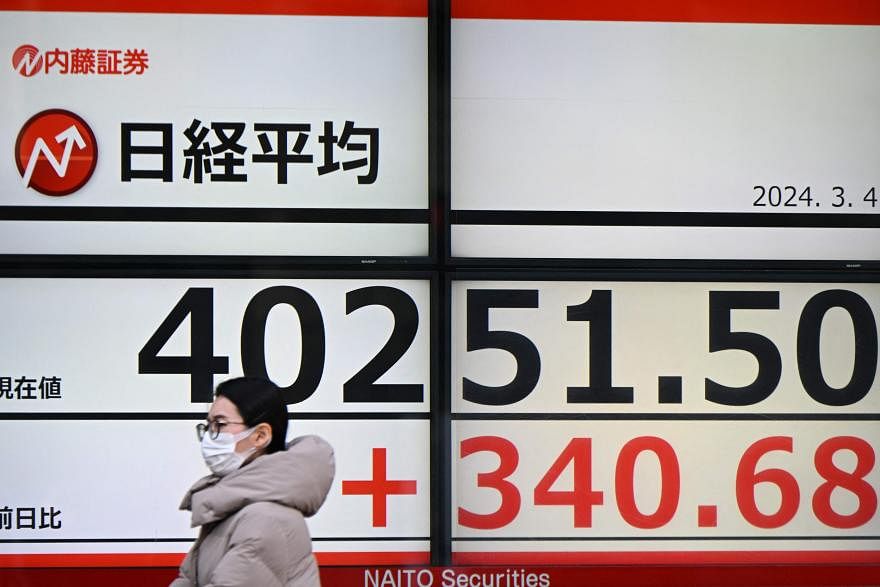At least a dozen people died as gang members attacked the main prison in Haiti’s capital, triggering a breakout by several thousand inmates, an AFP reporter and an NGO said Sunday.
The overnight attack came as part of a new spate of extreme violence in the capital Port-au-Prince, where well-armed gangs who control much of the city have wreaked havoc since Thursday.
The gangs say they want to oust Prime Minister Ariel Henry, who has led the crisis-wracked Caribbean nation since the assassination of president Jovenel Moise in 2021.
Only around 100 of the National Penitentiary’s estimated 3,800 inmates were still inside the facility after the gang assault overnight Saturday, Pierre Esperance of the National Network for Defense of Human Rights said.
“We counted many prisoners’ bodies,” he added.
An AFP reporter who visited the prison on Sunday observed around a dozen bodies outside it. Some had wounds from bullets or other projectiles.
The reporter entered the prison itself — the gate was open — and saw there was “hardly anyone” left inside.
In a statement, the Haitian government said police tried to repel the gang attack against that prison and at another facility called Croix des Bouquets.
It said these attacks left “several wounded” among the prison staff and inmates.
Known gang leaders and people charged in the assassination of Moise were among those incarcerated in the main prison, located a few hundred meters from the National Palace, the Haitian daily Le Nouvelliste said.
The prison had been “spied on by the assailants since Thursday via drones,” before it was attacked early Saturday evening, according to Le Nouvelliste.
Esperance said it was not immediately clear how many inmates escaped from the second prison, which he said held 1,450 inmates.
Powerful gang leader Jimmy Cherisier, known by the nickname Barbecue, said in a video posted on social media that armed groups in Haiti were acting in concert “to get Prime Minister Ariel Henry to step down.”
It was not immediately clear on Sunday if the prime minister had returned to Haiti.
He was in Kenya on Friday trying to muster support for an international police support mission, which Nairobi has agreed to lead.
The UN Security Council approved the multinational mission in early October but a Kenyan court ruling has thrown its future into doubt.
On Friday, Henry signed an accord in Nairobi with Kenyan President William Ruto on deploying the force.
Ruto said he and Henry had “discussed the next steps to enable the fast-tracking of the deployment,” but it was not immediately clear whether the agreement would counter a court ruling in January that branded the deployment “illegal.”
Haiti, the Western hemisphere’s poorest nation, has been in turmoil for years, and the 2021 presidential assassination plunged the country further into chaos.
No elections have taken place since 2016 and the presidency remains vacant.
Protesters have demanded Henry’s resignation in line with a political deal that required Haiti to hold polls and for him to cede power to newly elected officials by February 7 of this year.
AFP

